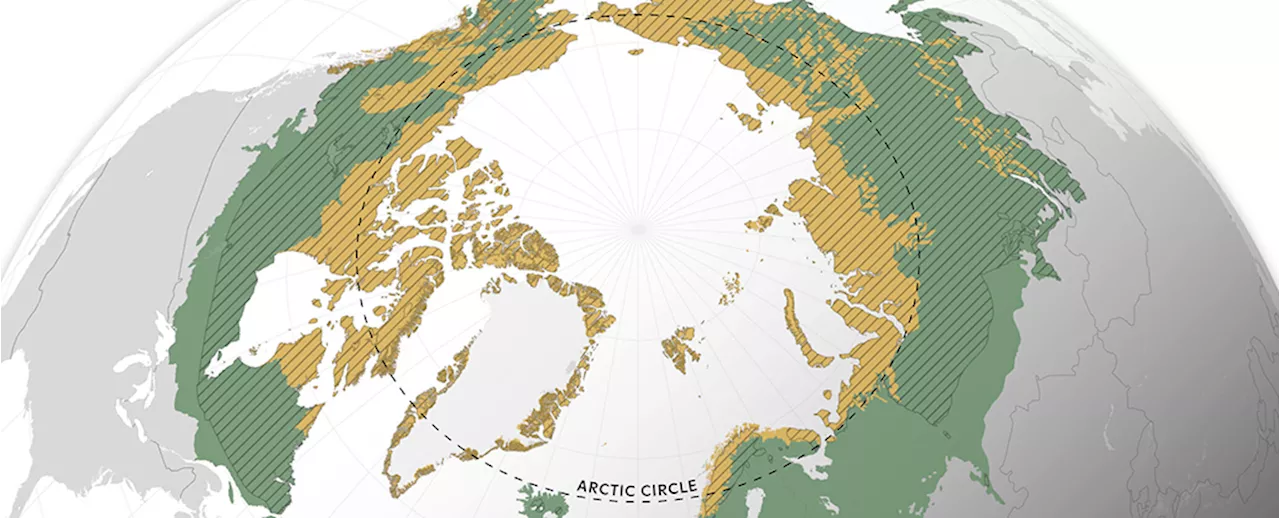New research reveals that over a third of the Arctic-Boreal Zone (ABZ), encompassing tundra, forests, and wetlands, is now emitting more carbon than it absorbs. While the ABZ remains a net carbon sink, increasing wildfires are offsetting carbon uptake, particularly in tundra regions. The study highlights the need for detailed monitoring to understand the evolving dynamics of carbon storage in the Arctic.
More than a third of the Arctic-Boreal Zone – including the tundra, forests, and wetlands around the Arctic Circle – is pushing out carbon rather than sucking it up, according to new research from an international team, led by scientists at the Woodwell Climate Research Center in Massachusetts.While the ABZ as a whole is still considered a carbon sink – as it has been for millennia –are putting some key regions at risk, and detailed monitoring is needed to understand how those places are faring.
That fire element is crucial: the researchers found that wildfires are becoming more frequent and impactful in the ABZ. The stats show that when wildfires are considered, 40 percent of the ABZ, compared to just 34 percent when wildfires weren't included.
CARBON CYCLE ARCTIC WILDFIRE ECOSYSTEMS CLIMATE CHANGE
United States Latest News, United States Headlines
Similar News:You can also read news stories similar to this one that we have collected from other news sources.
South Texas to Warm Up After Arctic OutbreakAfter four consecutive days of subfreezing temperatures and light snow and sleet, South Texas is set to experience a significant warming trend. Temperatures will rise throughout the week, reaching the mid-50s by Friday and potentially the 60s by the weekend. However, a slight chance of showers and thunderstorms is possible from Sunday through early next week.
Read more »
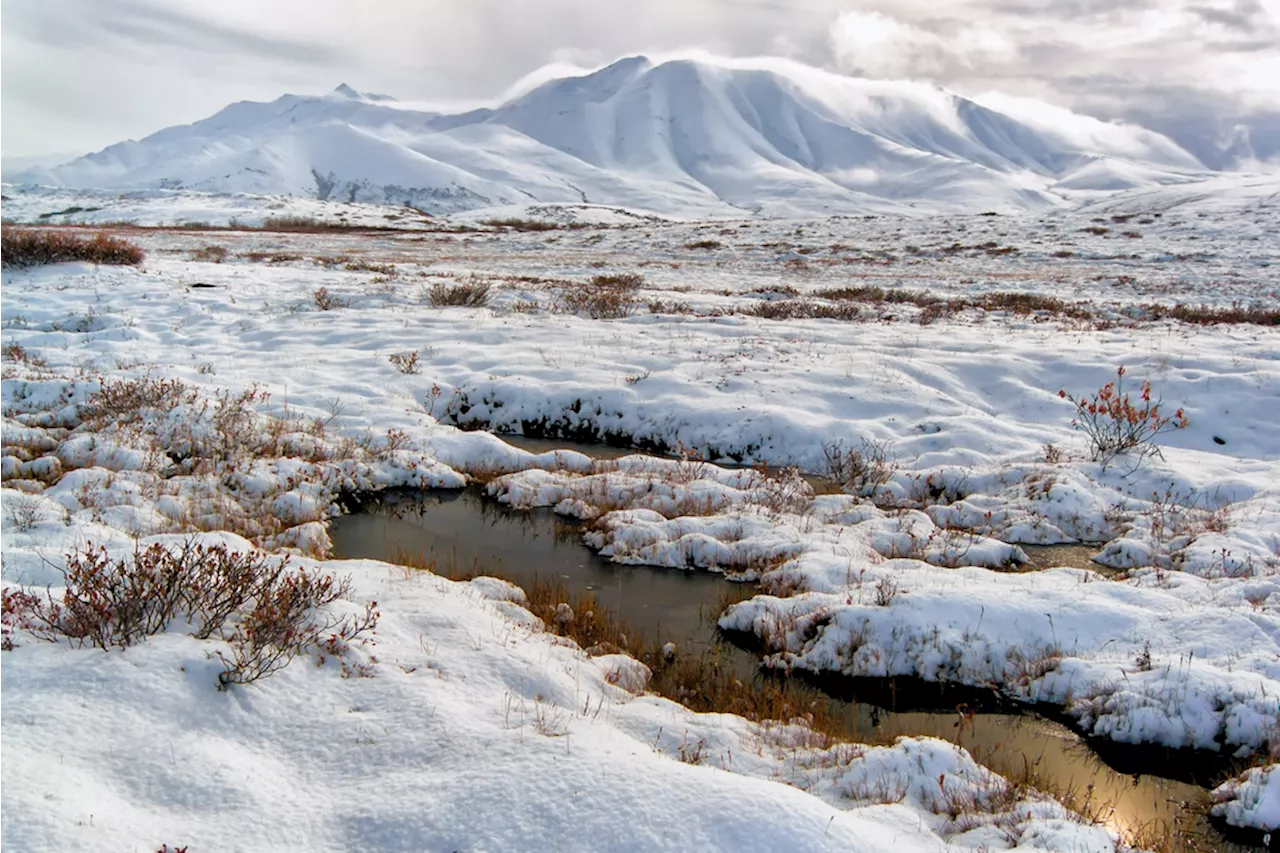 Permafrost Thaw and Wildfires Are Raising CO2 Emissions in Arctic TundrasLearn about hotspots in tundras and boreal forests that are releasing higher level of carbon dioxide, altering the carbon balance in the world's coldest regions.
Permafrost Thaw and Wildfires Are Raising CO2 Emissions in Arctic TundrasLearn about hotspots in tundras and boreal forests that are releasing higher level of carbon dioxide, altering the carbon balance in the world's coldest regions.
Read more »
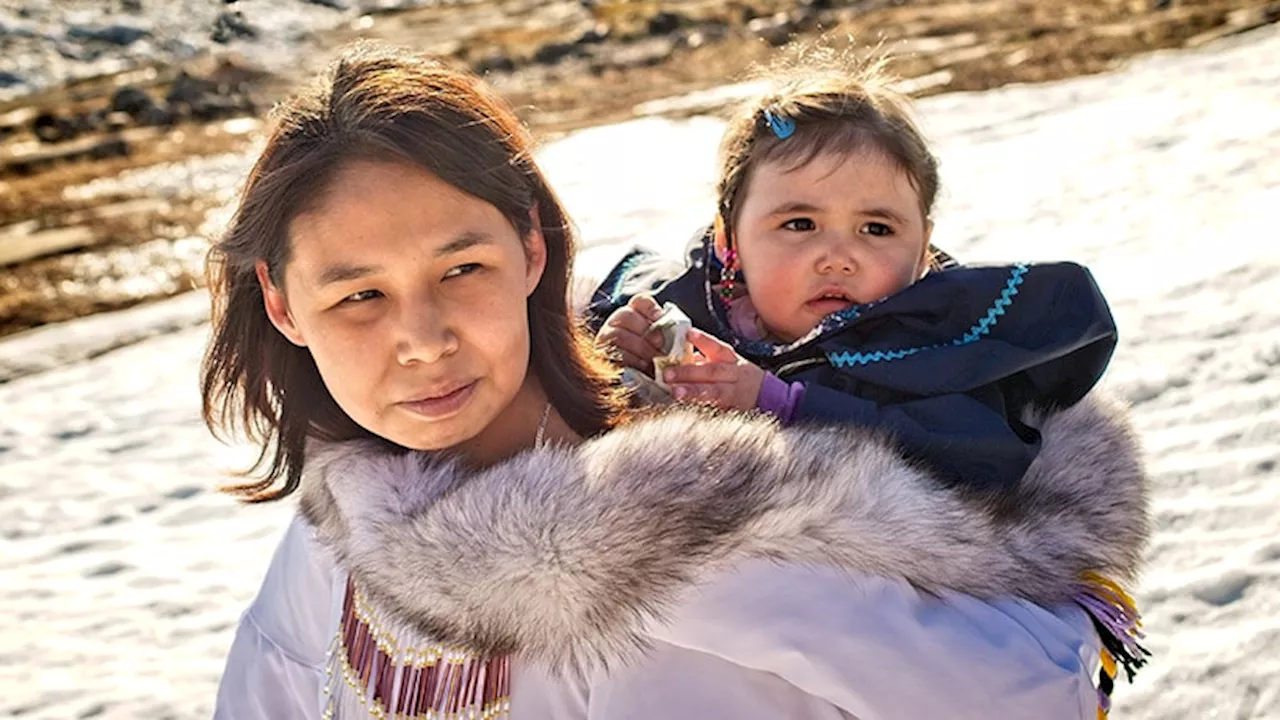 Identifying Zoonotic Infections in the Canadian ArcticAs climate change exposes more of the region, the risk for disease transmission is increasing for animals and humans.
Identifying Zoonotic Infections in the Canadian ArcticAs climate change exposes more of the region, the risk for disease transmission is increasing for animals and humans.
Read more »
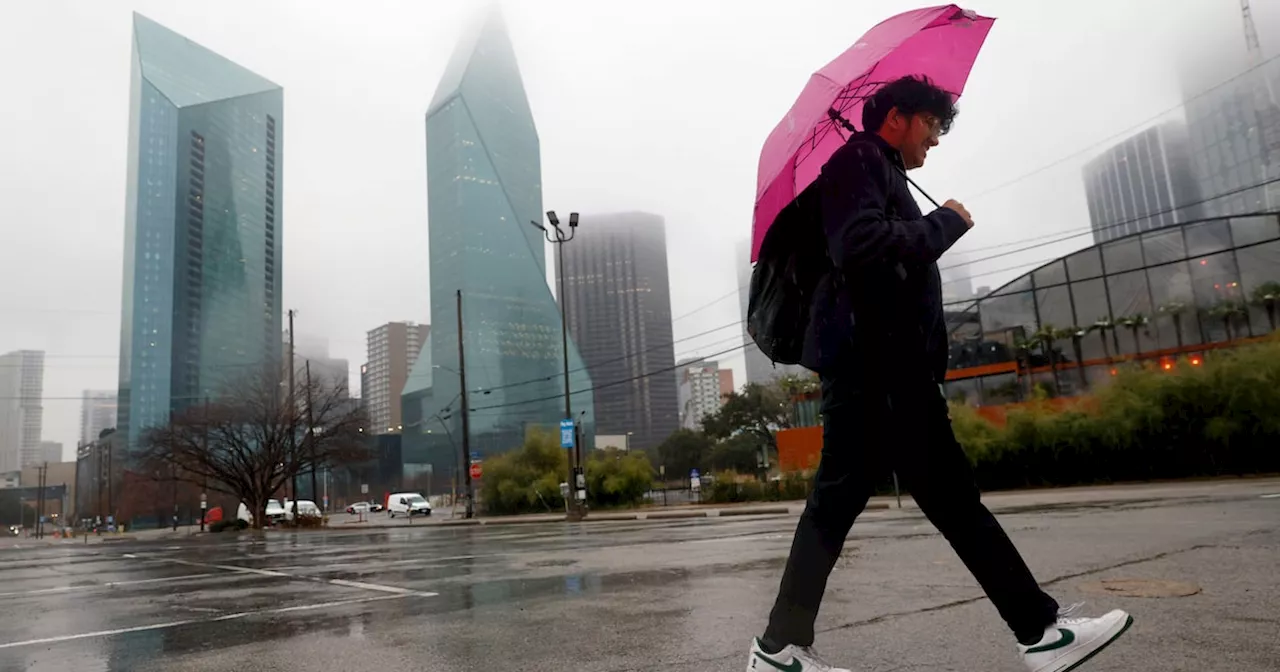 Dallas-Fort Worth Temperatures to Rise from Arctic BlastAfter experiencing a period of frigid temperatures, Dallas-Fort Worth is expected to see a significant warming trend starting Friday. Temperatures will climb throughout the weekend and into next week, reaching the mid-to-high 50s. The change brings an end to the recent arctic weather and a return to more seasonable conditions.
Dallas-Fort Worth Temperatures to Rise from Arctic BlastAfter experiencing a period of frigid temperatures, Dallas-Fort Worth is expected to see a significant warming trend starting Friday. Temperatures will climb throughout the weekend and into next week, reaching the mid-to-high 50s. The change brings an end to the recent arctic weather and a return to more seasonable conditions.
Read more »
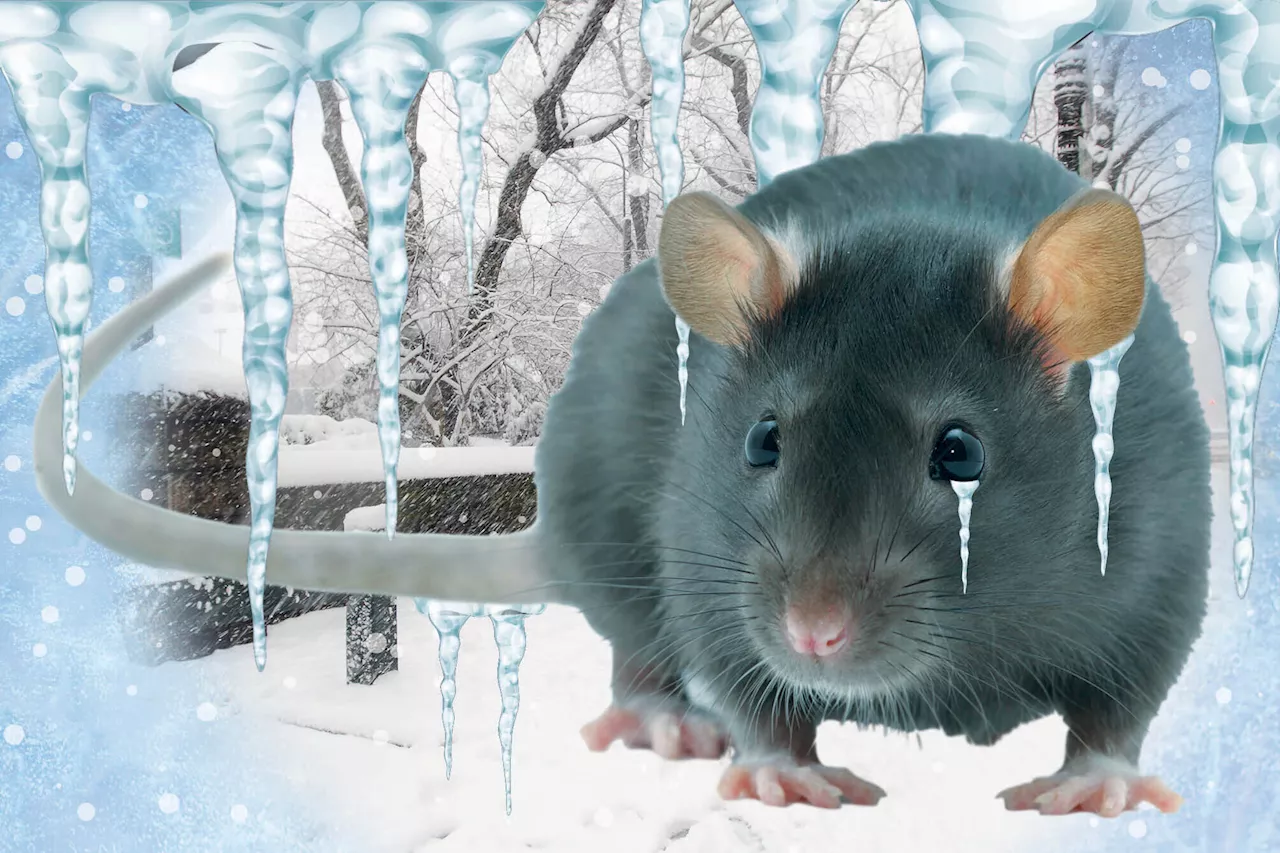 Arctic Blast Freezes Out NYC's Rat PopulationA streak of frigid temperatures in New York City has put a damper on the rodents' usual breeding activity. Experts say the cold weather is forcing rats into their burrows, reducing food sources, and ultimately curbing their population growth.
Arctic Blast Freezes Out NYC's Rat PopulationA streak of frigid temperatures in New York City has put a damper on the rodents' usual breeding activity. Experts say the cold weather is forcing rats into their burrows, reducing food sources, and ultimately curbing their population growth.
Read more »
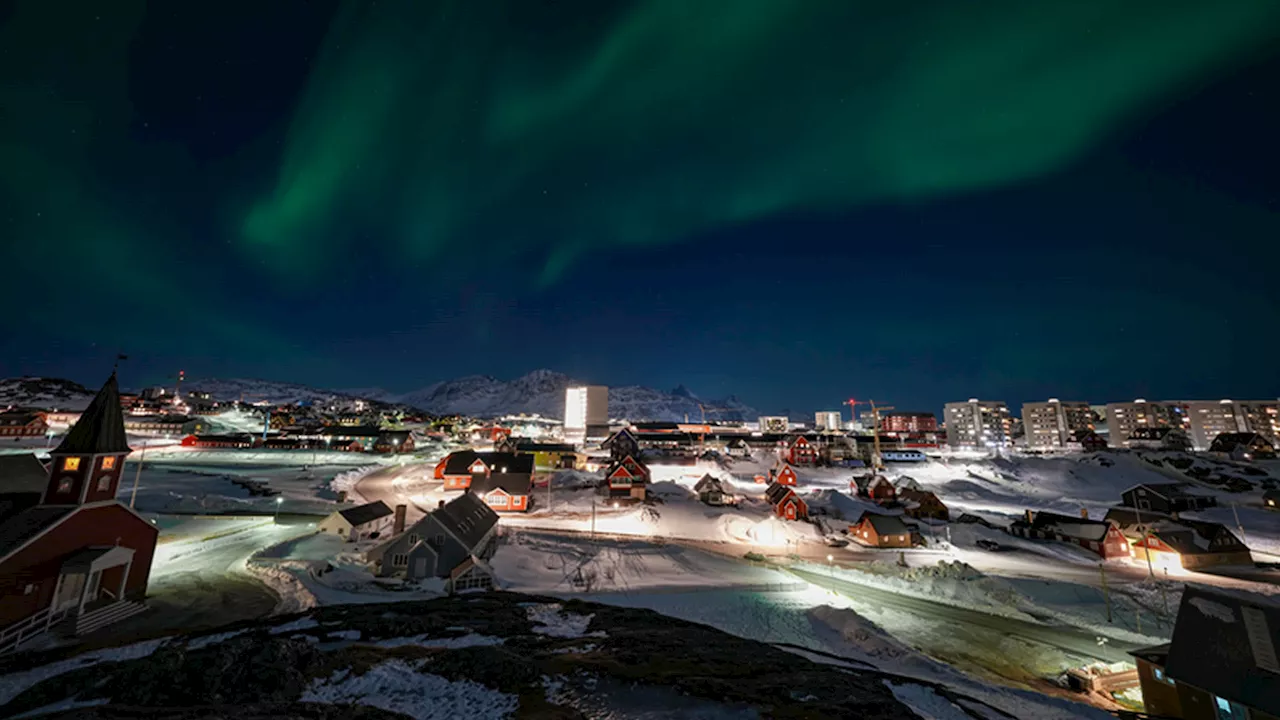 Great Greenland gambit: How Trump plans Arctic military might against Russia, ChinaThe new Trump administration has raised the potential of purchasing Greenland of Denmark, but why do they want it?
Great Greenland gambit: How Trump plans Arctic military might against Russia, ChinaThe new Trump administration has raised the potential of purchasing Greenland of Denmark, but why do they want it?
Read more »
